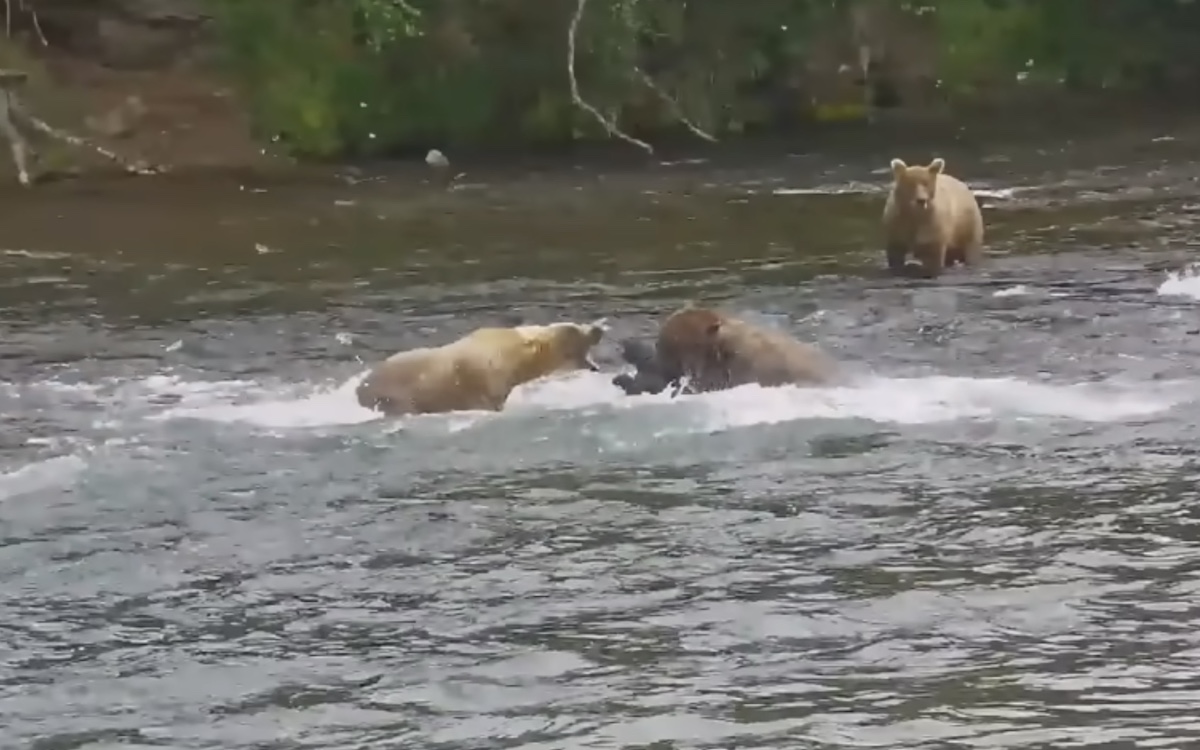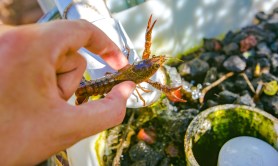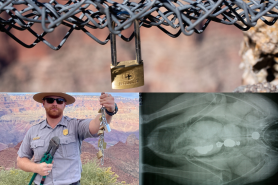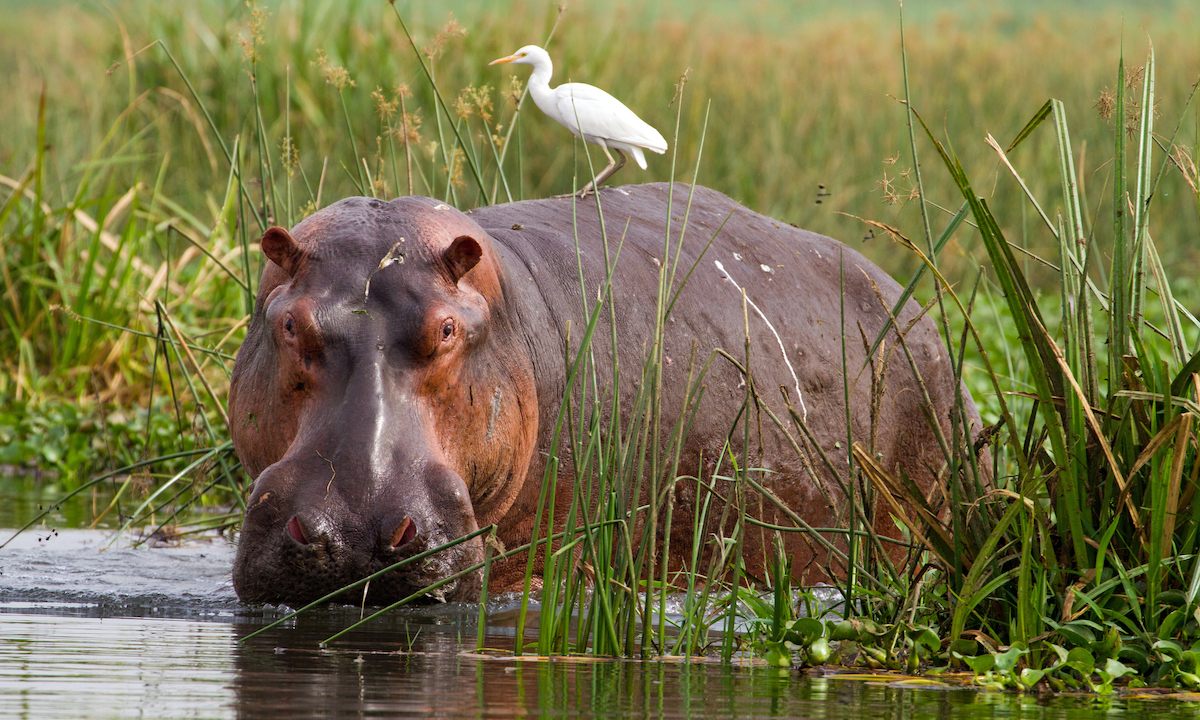

For the past 30 years, a herd of hippos first introduced by drug lord Pablo Escobar has been terrorizing visitors to the Colombia backcountry. Now, after years of trying to catch and castrate the hippos, the Colombian government is trying a new solution.
Videos by Outdoors with Bear Grylls
Escobar’s hippos first arrived in the 1980s, imported as part of a pet project to establish a miniature personal zoo on the grounds of his estate. When Escobar died in 1993, however, the hippos escaped and fled into the surrounding woods. No one expected them to take to the Colombian rainforest as well as they did.

The hippos started breeding—and fast. Escobar’s initial collection consisted of just four animals. Now, there are at least 130, reports The Guardian. Enormous and aggressive, hippos have been known to attack people, including local farmers and fisherman who venture down to the river. They also trample vegetation along the banks and cause erosion.
For a while the government wasn’t sure what to do about the problem. Attempts to kill Escobar’s hippos sparked public protests. Campaigns to find and castrate them have been slow and ineffective. (Apparently, adult hippos, which can run up to 30 mph, are pretty hard to catch.)
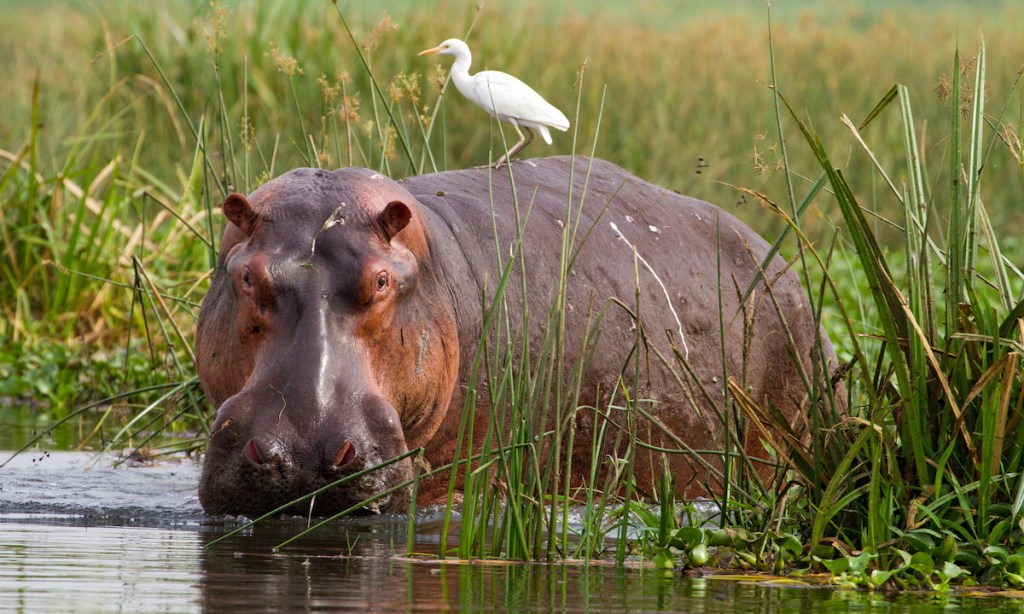
Now, federal officials have announced a new plan: rounding up the animals that they can find and exporting them to zoos and sanctuaries around the world. Experts hope to send 60 hippos to India and 10 to Mexico. The project promises to be extremely expensive and time-intensive, and many environmentalists are still calling for extermination. However, some locals have developed a fondness for the animals and are reluctant to see them killed.
We’ve read a lot of stories about feral animals over the years, from Canadian “super pigs” threatening the northern U.S. to aggressive desert cattle attacking hikers in New Mexico. But hippos have got to be the strangest case we’ve come across. In some ways, you’ve got to hand it to Escobar: if you want to go out with a bang, releasing a bunch of 9,000-pound exotic mammals into your backyard is certainly a way to do it.

